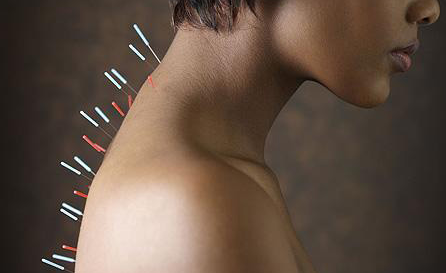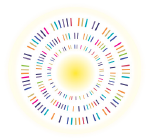By Dianah Rodrigues PhD, AACMA, BCIA
Acupuncture originated in China over 3,000 years ago. Along with herbs and massage, acupuncture is one of the modalities of Chinese medicine. Because classical Chinese medicine originated from another culture, in order to understand how it works it helps to know the logic and philosophy behind the oriental approach to health.
The classical Chinese medicine approach to health is based on the view that everything in this world is so interwoven that everything affects everything else. This philosophy is applied to the functioning of the human body.
Classical Chinese medicine practitioners are skilled at determining the relationship of signs and symptoms and classifying them into patterns of disharmony called ‘syndrome patterns’. We diagnose by asking questions, taking the pulse, feeling for sensitive pressure points, looking at the tongue, the complexion and so on.
The aim of Chinese medicine treatments is to bring about systemic harmony in the body and effecting its energy flow, or Qi.
Systemic disharmony gives rise to a variety of ailments which may include menstrual irregularity, headache, diarrhoea or constipation, pain syndromes, sore throat, dry skin, fatigue, mood disorders and so on. Chinese medicine practitioners believe that illnesses are never as simple as a single symptom scenario (eg. Peptic ulcer). Illnesses are a result of a pattern of disharmony influenced by lifestyle choices, emotions, environment, genetic and social factors.
Classical Chinese medicine’s ability to treat individual patterns of subtle health imbalances makes it an effective preventative medicine as well as a good support therapy for more serious conditions requiring Western medical interventions such as chemotherapy, surgery or drug therapy.
Classical Chinese medicine tailors all treatments according to the individual’s pattern of disharmony. The level of disharmony determines what treatment and how many treatments are required. How an individual responds depends on his/her level of imbalance.
Classical Chinese medicine is based on a unified body of knowledge; on well known concepts as Qi, yin and yang. For this reason the theory and practice of Chinese medicine is still applicable today. Chinese medicine is for everyone. It is for those who want to be more involved in their therapeutic process, and those who wish to monitor and improve their long term general health status.



